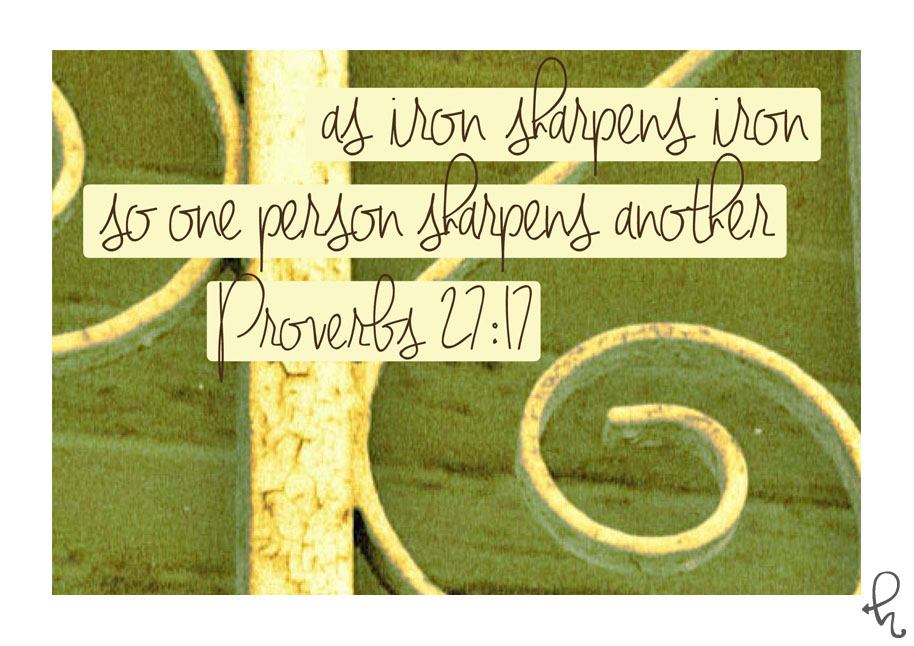Need a bit of insight as you ready the pen or laptop today? Consider the following from one of the greatest writers of all time:
- “Take great pains to be clear. Remember that though you start by knowing what you mean, the reader doesn’t, and a single ill-chosen word may lead him to a total misunderstanding. In a story it is terribly easy just to forget that you have not told the reader something that he needs to know—the whole picture is so clear in your own mind that you forget that it isn’t the same in his.”
- “When you give up a bit of work don’t (unless it is hopelessly bad) throw it away. Put it in a drawer. It may come in useful later. Much of my best work, or what I think my best, is the re-writing of things begun and abandoned years earlier.”
- “Always prefer the plain direct word to the long, vague one. Don’t implement promises, but keep them.”
- “Don’t use adjectives which merely tell us how you want us to feel about the things you are describing. I mean, instead of telling us the thing is ‘terrible’ describe it so that we’ll be terrified. Don’t say it was ‘delightful’; make us say ‘delightful’ when we’ve read the description. You see, all those words (horrifying, wonderful, hideous, exquisite) are only like saying to your readers ‘Please, will you do my job for me.’”
- “We must not of course write anything that will flatter lust, pride or ambition. But we needn’t all write patently moral or theological work. Indeed, work whose Christianity is latent may do quite as much good and may reach some whom the more obvious religious work would scare away. The first business of a story is to be a good story. When Our Lord made a wheel in the carpenter shop, depend upon it: It was first and foremost a good wheel. Don’t try to ‘bring in’ specifically Christian bits: if God wants you to serve him in that way (He may not: there are different vocations) you will find it coming in of its own accord. If not, well—a good story which will give innocent pleasure is a good thing, just like cooking a good nourishing meal. . . . Any honest workmanship (whether making stories, shoes, or rabbit hutches) can be done to the glory of God.”
Who is your go-to author for inspiration?
Get inspired and keep writing!
[bctt tweet=”5 Writing Tips from C. S. Lewis @A3forMe #amwriting #writer” via=”no”]
[bctt tweet=”Any honest workmanship (whether making stories, shoes, or rabbit hutches) can be done to the glory of God.” C.S. Lewis @A3forMe @lthomaswrites” via=”no”]
(1, 2) C. S. Lewis letter to a girl named Thomasine (December 14, 1959).
(3, 4) C. S. Lewis letter to Joan Lancaster (June 26, 1956).
(5) C. S. Lewis letter to Cynthia Donnelly (August 14, 1954).
More insight from Lewis: https://blogs.thegospelcoalition.org/justintaylor/2016/03/26/15-pieces-of-writing-advice-from-c-s-lewis/





No Comments